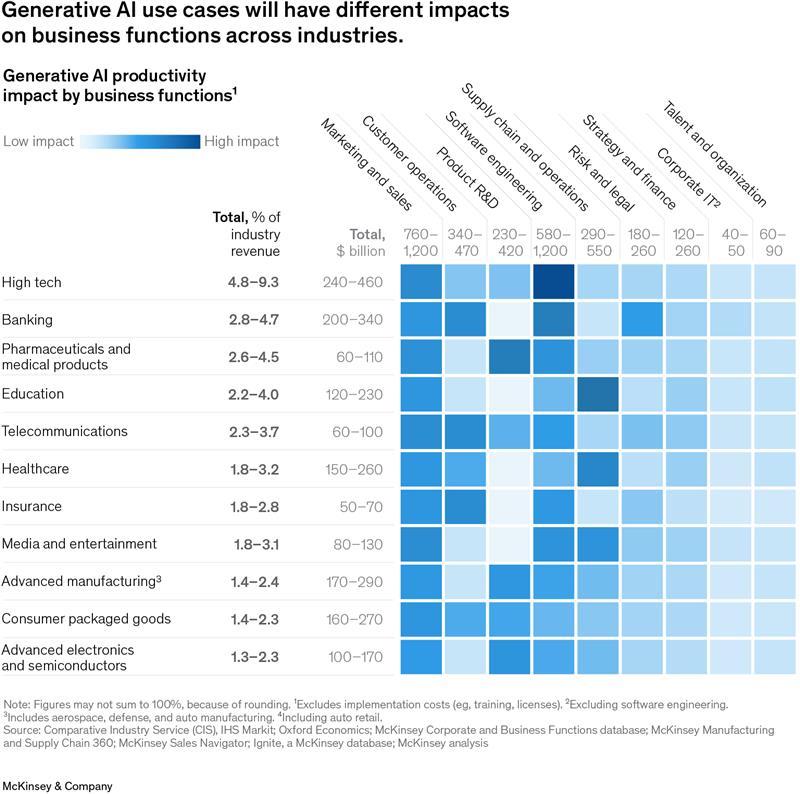Marketing automation has become a must in today’s high-stakes digital environment, particularly for mid-sized and enterprise-level businesses in the retail, healthcare, fintech, logistics, and tech services sectors.
With the growing pressure to provide individualized customer journeys, manage data across international channels, and produce quantifiable return on investment, the question is not whether to automate, but rather how to do it effectively. The trends we’ll cover below are your competitive advantage if you’re planning a CRM migration, trying to scale your Salesforce Marketing Cloud (SFMC) strategy, or going through a digital transformation.
What Is Marketing Automation And Why Does It Matter In 2025?
Marketing automation refers to the use of software platforms to automate repetitive marketing tasks. This includes workflows across social media, email, SMS, websites, and other channels. Without requiring manual intervention, it assists companies in delivering consistent, focused messages that increase engagement and conversion.
Marketing Automation:
- Permits large-scale, real-time campaign execution.
- Automates customer journeys across multiple channels, from initial contact to retention.
- Creates a 360-degree customer view by combining data from several systems.
- Lessens human error and frees up marketers to concentrate on strategy rather than tasks.
- Uses dynamic content delivery to help brands remain flexible in the rapidly changing markets.
How Marketing Automation Operates On Different Platforms
Data, workflows, and artificial intelligence are used by contemporary marketing automation platforms, such as Salesforce Marketing Cloud, to produce customized user experiences.
- Begins by gathering and classifying first-party consumer data, such as location, preferences, and behaviour.
- Groups audiences based on common characteristics using targeting and segmentation.
- Carries out campaigns that are triggered by customer actions.
- Uses A/B testing and advanced analytics to monitor performance.
- Enables consistent cross-functional alignment by integrating with CRM systems.
- Makes campaigns more relevant by using real-time decision-making engines.
Why Are Growing Businesses Investing In Marketing Automation In 2025
Marketing automation offers numerous advantages beyond time savings. It provides scalable impact and quantifiable return on investment.
- Increases the production of qualified leads and speeds up sales conversions.
- Enhances client retention through tailored nurture campaigns.
- Reaches a 451% increase in marketing ROI (Nucleus Research).
- Improves the client experience by using pertinent, timely messaging.
- Allows internal teams to concentrate on strategic planning and innovative direction.
- Facilitates omnichannel coordination for smooth user interactions.
What Is The Best Marketing Automation Platform For Enterprise Growth
When selecting the best marketing automation platform, your goals, team size, and tech stack all play a role. Among the important platforms are:
- Salesforce Marketing Cloud: SFMC is the best option for large companies looking for smooth CRM integration and AI-powered personalization.
- HubSpot: Excellent for expanding companies that require lead nurturing and inbound marketing.
- Adobe’s Marketo Engage: Well-known for its deep analytics and B2B marketing automation.
- Oracle Eloqua: Proficient in intricate segmentation and campaign management.
Key Considerations:
- Scalability for expanding businesses and international operations.
- Native connection to analytics, CRM, and CDP systems.
- Sophisticated functions like AI content creation, predictive scoring, and real-time decision-making.
- Flexibility for personalized workflows and an intuitive interface.
What Are The Biggest Marketing Automation Trends For 2025?
Embracing the future is essential to staying ahead. The following are the key developments influencing marketing automation in 2025:
1. AI-Powered Hyper-Personalization
A. AI-powered platforms provide personalized experiences across touchpoints by utilizing dynamic content and predictive analytics.
B. According to Epsilon, 80% of customers are more likely to interact with companies that provide individualized experiences.
C. Conversion rates and retention are greatly increased by personalization engines.
2. Platforms for Customer Data (CDPs) Go Mainstream
A. Real-time insights are made possible by CDPs, which combine disparate customer data from various systems.
B. CDPs lessen data silos and increase campaign accuracy.
C. By 2027, the CDP market is anticipated to reach $20.5 billion (MarketsandMarkets).
3. Combining Conversational Marketing With Chatbots
A. Clever bots facilitate automated surveys, follow-ups, and lead qualification.
B. Bots enhance user experience while reducing customer support expenses.
C. AI-powered chatbots will handle 95% of consumer interactions by 2025 (Gartner).
4. Aligning Sales And Marketing Automation
A. Automation tools now come with lead scoring models, real-time notifications, and shared dashboards.
B. Strong alignment increases marketing revenue by 208% for businesses (MarketingProfs).
C. Improved lead hand-offs and quicker conversion cycles are guaranteed by streamlined procedures.
5. Privacy-First Marketing And Cookieless Tracking
A. Platforms are switching to first-party data strategies as third-party cookies are being phased out.
B. Contextual targeting and consent-based data collection are now commonplace in business.
C. Privacy-first experiences are already a top priority for 41% of marketers (Statista).
D. To adhere to international data regulations such as the CCPA and GDPR, this trend is essential.
How To Choose The Right Marketing Automation Platform For Your Business
With dozens of platforms to choose from, it’s important to understand your particular requirements.
A. Establish your goals, including lifecycle marketing, lead generation, and customer engagement.
B. Assure native integration with ad tools, data platforms, and CRM.
C. Select platforms that offer dynamic content creation, real-time decision engines, and AI features.
D. Think about long-term scalability, particularly if you intend to expand internationally.
E. Seek out robust partner ecosystems, training, and vendor support.
Why MetroMax Solutions Is The Right Partner For Your Automation Journey
At MetroMax Solutions, we create scalable ecosystems rather than merely deploying automation tools.
We assist companies of all sizes in:
A. Moving to Salesforce Marketing Cloud and utilizing all of its features.
B. Data unification, real-time journey orchestration, and audience segmentation are our team’s areas of expertise.
C. We provide solutions that lower complexity and increase return on investment, whether you’re managing omnichannel campaigns or establishing customer data platforms.
D. Higher engagement rates, a 30% increase in conversions, and a quicker time to market are all experienced by our clients in the fintech, retail, healthcare, and logistics sectors.
Conclusion
By 2025, marketing automation will no longer be just a competitive advantage, but a necessity. Businesses that take action today will be at the forefront of tomorrow’s developments in AI, CDPs, chatbots, and privacy-first tactics.
Acknowledge the shift. Boost your approach. Let MetroMax Solutions assist you if you’re prepared to put in place an automation ecosystem that is ready for the future.



